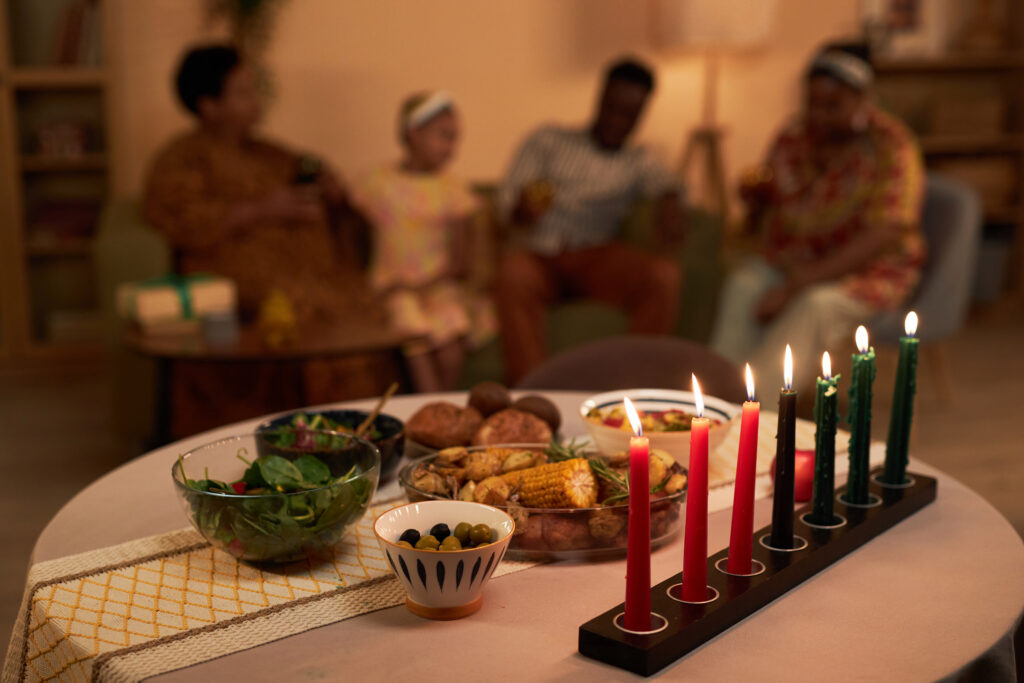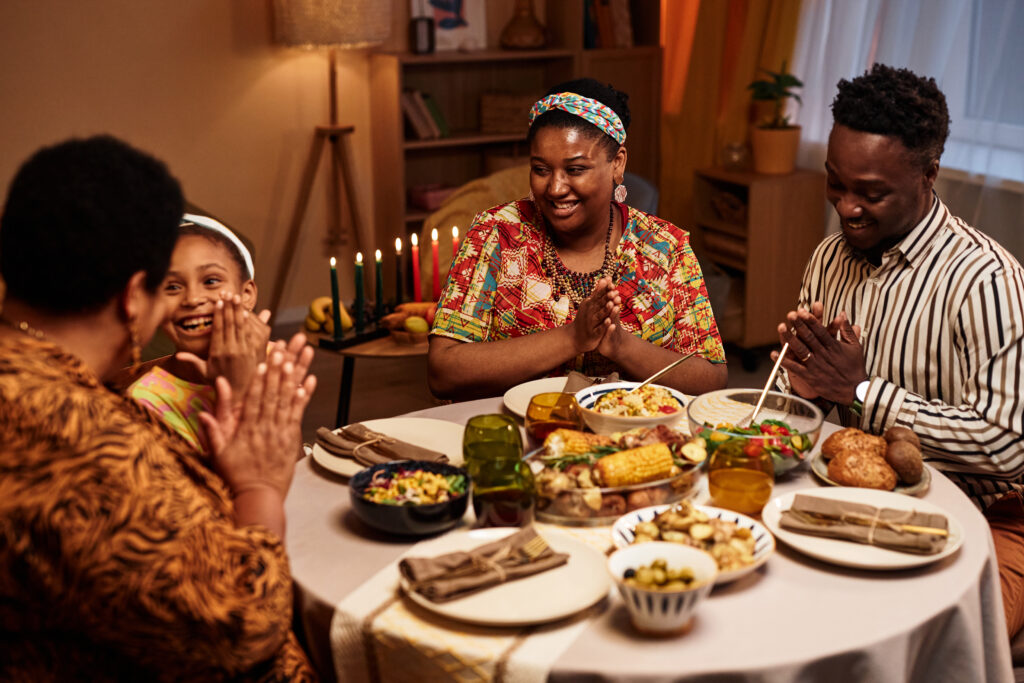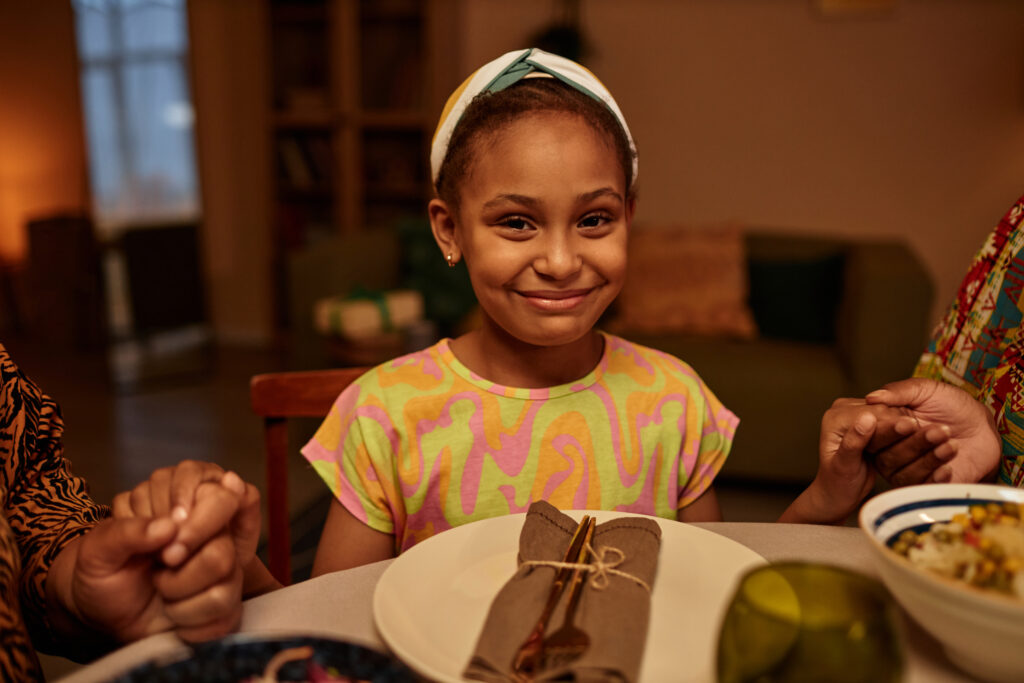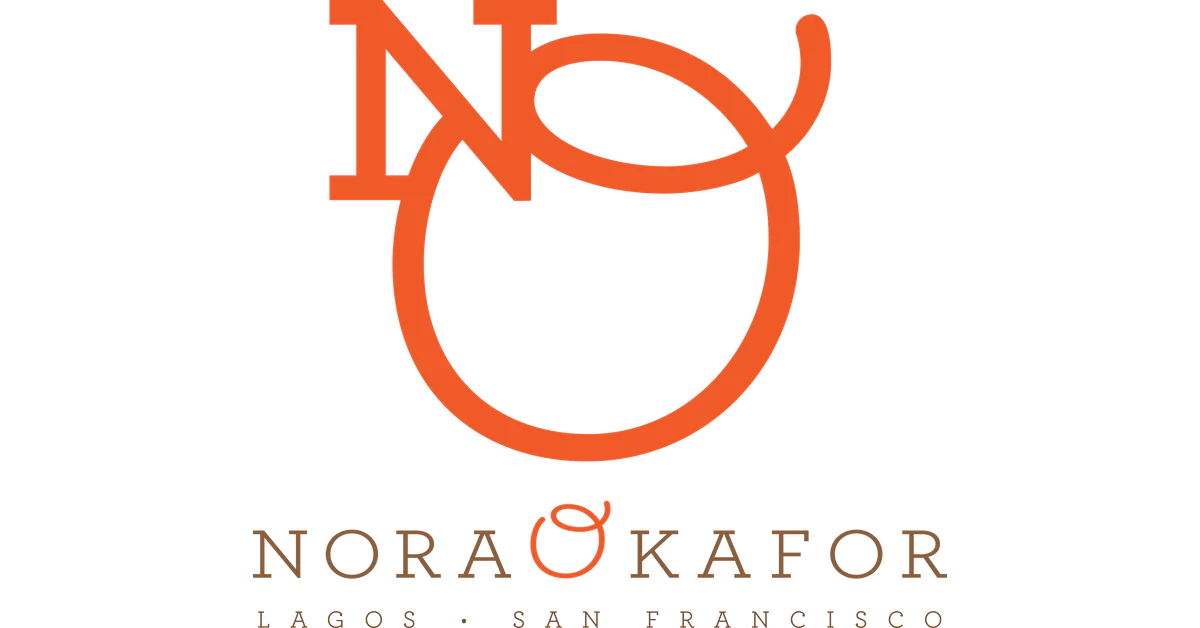
What is the Kwanzaa Celebration?
Kwanzaa is a week-long cultural festival that celebrates African heritage and traditions. It takes place from December 26th to January 1st, providing a time for reflection, community, and celebration.
What does the word “Kwanzaa” Mean?
The word “Kwanzaa” is derived from the Swahili phrase “matunda ya kwanza,” which translates to “first fruits” in English. The word Kwanzaa reflects the celebration’s roots in various parts of West and Southeast African harvest festivals, where communities would come together to give thanks for the bounty of the harvest season.
Is Kwanzaa a religious celebration?
Kwanzaa is a secular celebration rooted in African traditions and values, designed to honor African American heritage and promote unity, community, and cultural pride. Although it includes spiritual elements like lighting candles and reflecting on guiding principles, it is not tied to any specific religious belief. Instead, Kwanzaa is a welcoming and inclusive observance that invites people of all backgrounds to come together in celebration of shared values and cultural identity
What are the origins of Kwanzaa?
Kwanzaa originated in 1966, conceived by Dr. Maulana Karenga, a professor of Africana studies at California State University in Long Beach. Drawing inspiration from diverse African harvest festivals, Kwanzaa combines elements from various African cultures.
Who celebrates Kwanzaa?
According to a 2019 poll, it is estimated that up to 12 million Americans celebrate Kwanzaa.Kwanzaa is predominantly celebrated by African Americans, but its reach extends beyond the United States. It’s also observed in Canada, the Caribbean, and other regions with significant populations of people of African descent.
What are the principles of kwanzaa?
The principles of Kwanzaa are known as the Nguzo Saba, which emphasize unity, self-determination, collective work and responsibility, cooperative economics, purpose, creativity, and faith. From December 26th to January 1st, each day of Kwanzaa is dedicated to one of these principles. Families and communities gather during this time to reflect on their meanings and consider how they can integrate them into their everyday lives.
The 7 Principles of Kwanzaa are:
- Umoja
- Kujichagulia
- Ujima
- Ujamaa
- Nia
- Kuumba
- Imani
Meanings of the 7 Kwanzaa Principles by Day:
| Day | Principle | Meaning |
| 1 | Umoja | Unity Strive for and maintain unity in the family, community, nation. |
| 2 | Kujichagulia | Self-Determination Define ourselves, name ourselves, create for ourselves and speak for ourselves. |
| 3 | Ujima | Collective Work and Responsibility Build and maintain our community together and make our community’s problems our problems and to solve them together. |
| 4 | Ujamaa | Cooperative Economics Build and maintain our own stores, shops and other businesses and to profit from them together. |
| 5 | Nia | Purpose Make our collective vocation the building and developing of our community in order to restore our people to their traditional greatness. |
| 6 | Kuumba | Creativity Do always as much as we can to leave our community more beautiful and beneficial than we inherited it. |
| 7 | Imani | Faith Believe with all our hearts in our people and the righteousness and victory of our struggle. |
What happens on kwanzaa day 1 – 7?
During Kwanzaa, day 1-7, the candles on the Kinara (the candle holder) are lit in a specific order. The colors of the candles are black, red, and green, arranged from left to right. The black candle is lit first on the first day of Kwanzaa. The black candle represents the first principle, Umoja (Unity).
Then, the red candle is lit next to it, representing Kujichagulia (Self-Determination), and finally, the green candle, representing Ujima (Collective Work and Responsibility). On each of the following days of Kwanzaa, an additional candle is lit in the same order until all seven candles are illuminated.
Kwanzaa festivities often include gatherings with family and friends, where participants share stories, music, dance, and traditional African cuisine.
What colors are associated with Kwanzaa?
Red, black and green are the colors associated with Kwanzaa. They are the colors of the Pan-African flag, red (the struggle), black (the people), and green (the future). The colors are represented in the decor and in the clothing worn by participants. These colors were first proclaimed to be the colors for all people of the African diaspora by Marcus Garvey.

Kwanzaa is celebrated with various traditional African dishes and foods that symbolize the principles and values of the holiday. Some common foods eaten during Kwanzaa include:
-
- Fruits and Vegetables: Fresh fruits and vegetables are often included in Kwanzaa meals, symbolizing the bounty of the harvest and the importance of agriculture. This may include items like sweet potatoes, collard greens, okra, and black-eyed peas.
- Grains: Grains play a significant role in Kwanzaa celebrations, particularly corn. Dishes like cornbread, grits, and maize are common, representing unity, wealth, and the foundation of African culture.
- Meats: Various meats are also enjoyed during Kwanzaa celebrations, including poultry, beef, pork, and fish. These meats may be prepared in traditional African styles or adapted to suit individual tastes.
- Beans and Legumes: Beans and legumes, such as black-eyed peas, are often featured in Kwanzaa meals. These foods symbolize unity and cooperation within the community.
- Rice: Rice is a staple food in many African cuisines and is often served during Kwanzaa celebrations. It symbolizes fertility, prosperity, and the importance of family and community.
- Spices and Seasonings: A variety of spices and seasonings are used to flavor Kwanzaa dishes, adding depth and richness to the meals. Common spices include cayenne pepper, ginger, garlic, and various herbs.
- Traditional African Dishes: Many families incorporate traditional African dishes into their Kwanzaa celebrations, such as jollof rice, injera, yassa chicken, and maafe (peanut stew). These dishes vary depending on the specific cultural heritage of the celebrants.

Visit our shop NoraOkafor for exciting home décor and accessories inspired by our love of African textiles and Caribbean heritage.
